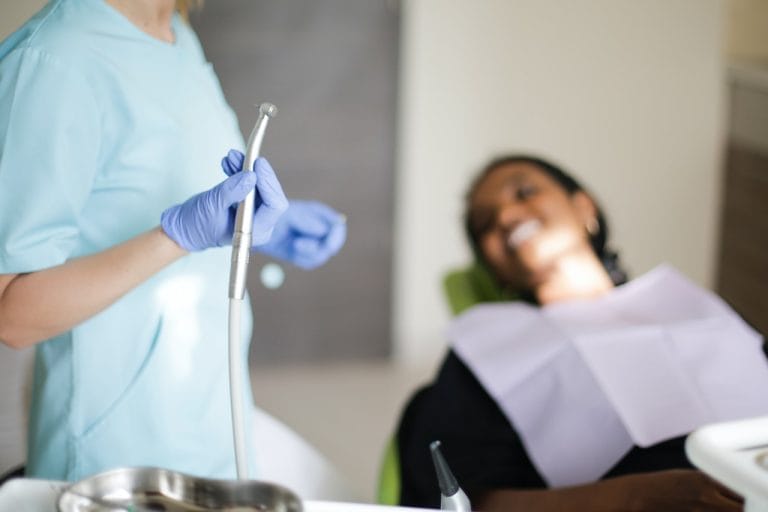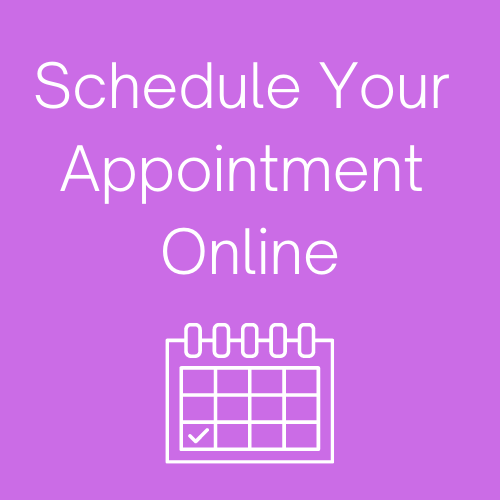During the coronavirus pandemic, Long Islanders have seen tremendous changes to their usual ways of life. Nassau and Suffolk county are typically filled with a robust menu of activities in which to participate, especially as the temperatures rise and the joys of living on an island amplify with beautiful beaches and preserves. Our local Long Island neighbors have also had to change how they approach their health care. For example, dental practices have been unable to schedule routine appointments.
Now, however, your favorite local dentists, includin 3V Dental in Port Washington, have started reopening and can accommodate both emergency visits, cosmetic and regularly scheduled appointments like dental cleanings and check-ups. As you pick up the phone to reschedule an appointment that was cancelled due to COVID-19 or to book a new appointment, you may have some concerns about your health and safety. Fortunately, you can safely visit 3V Dental Associates for all elective and emergency services. Follow some guidelines to assist in this endeavor.
Ask about Protocols
When you schedule your appointment, simply ask about the protocols that the practice is following. Then, you can conduct research online to ensure that the protocols are the required ones. Simply knowing that your dental doctor is listening to the recommendations of the CDC can bolster your confidence in a safe appointment.
For instance, according to the American Dental Association, ADA guidance includes ways dentists and hygienists can reduce aerosols such as:
- hand scaling when cleaning teeth rather than using ultrasonic scaling,
- use of high velocity suction whenever possible and
- use of rubber dental dams whenever possible
Trust Your Dentist
Of course, asking about protocols is only effective if you trust your dentist. When you ask the receptionist about the protocols being followed at the practice, you need to feel a sense of trust in what this individual is saying. In the event that you find yourself questioning the practice’s honesty, you should seek out a more reputable practice.
According to the CDC, dentists are required to follow strict hygiene to minimize the spread of germs. Examples include:
-
Before and after all patient contact, contact with potentially infectious material, and before putting on and after removing personal protective equipment (PPE), including gloves. Hand hygiene after removing PPE is particularly important to remove any pathogens that might have been transferred to bare hands during the removal process.
-
Use ABHR with 60-95% alcohol or wash hands with soap and water for at least 20 seconds. If hands are visibly soiled, use soap and water before returning to ABHR.
-
Dental healthcare facilities should ensure that hand hygiene supplies are readily available to all DHCP in every care location
Help Thy Neighbor and Cancel When Feeling Ill
You want to visit the dentist in a safe manner, and so do the other patients. Therefore, you must cancel your appointment if you are feeling sick. Pay particular attention to symptoms related to coronavirus. In other words, note any coughing, chills and so forth. Of course, if you have a fever, you should certainly cancel. When you call the office, do let the receptionist know why you are cancelling. Ask how long you should wait to reschedule the appointment.
Evaluate Your Circumstances
If you have concerns about going to the dentist right now, you should then talk to a representative from the practice beforehand. For example, if you or your partner is an essential employee, you should convey this information to the receptionist. Find out if you need to take additional protocols. Furthermore, in the event that you have been around infected individuals, you should let the practice know. Waiting the required period of time to ensure that you are not ill is the responsible step to take.
Wash Your Hands and Reduce Contact
Before you go to the dentist, you should wash your hands thoroughly with soap and water. While you cannot entirely eliminate the possibility of bringing germs into the office, you can certainly reduce the likelihood as much as possible. Of course, you do need to travel to the dentist, which means that you could be touching keys, car doors, bus seats and so forth. Aim to reduce contact in whatever ways are feasible.
Call When Arriving
The receptionist will likely convey this information to you. However, in the event that you aren’t told in advance, call the practice when you arrive. For example, practices can reduce the number of people in the office at the same time by requesting that patients call when they arrive. If you call when you arrive, the receptionist can tell if it the previous patient has left yet. Even when multiple people are in the office at once in separate rooms, a call can help to deal with traffic flow. In other words, scheduling exactly when patients will walk into the office can prevent individuals from crossing paths as one leaves the office and the other enters.
Wear a Mask
As you likely know, wearing a face mask or other face covering is imperative right now when being in spaces with other people. This mask will help you to reduce your chances of falling ill and of potentially spreading disease to other people. Of course, you cannot wear the mask the entire time that you are at the office since the dentist needs to work on your teeth. Leave the mask on until you absolutely need to take it off. Then, you can put it right back on as soon as the work is over.
Use Gloves
You are going to have to touch items as you go into the practice. For example, you may need to open the door, hold a rail as you climb the stairs or put your car keys into your bag. In order to reduce the risk of exposure, you can wear gloves as you perform these endeavors.
Prepare for Paperwork
Whether you are going to the practice for a major procedure or a routine cleaning, you may need to sign some paperwork. Bring your own pen with you so that you don’t have to share. Also, make sure to put your paper planner in your bag. By doing so, you won’t need to take an appointment card; you can write the information for your next appointment with your own pen in your own planner. If you are concerned about having to hand over your credit card, ask if you can pay over the phone. You should discuss payment options when you are initially booking the appointment.
Are you a new patient at 3V Dental? Consider filling out your new patient forms online! Click here take of this essential process 100% online.
Wash Again
Find out if the restroom at the dentist’s office is available for use. Once you arrive at the clinic, you can wash your hands again, and you could do so on your way out too. The practice is likely to have hand sanitizer available, and you may even be required to use the hand sanitizer when you get there. In fact, when you are booking your appointment, ask if hand sanitizing is a part of protocol upon arrival. An affirmative answer to this inquiry can better assure you that the practice is following the necessary safety requirements.
Get a Temperature Check
Another good sign is if your dental practice is requiring temperature checks upon entering the clinic. This type of screening assists in seeing if you can continue with your visit. Of course, you may want to consider going to a different practice in the event that your regular one isn’t conducting temperature checks. This procedure is now a fairly standard one for improving health and safety.
Maintain Social Distance When Possible
You simply aren’t going to have the ability to maintain social distancing the entire time that you’re at the practice. For example, the dentist needs to complete the work on your mouth, and you will likely have a dental hygienist or two nearby as well. At other times, however, do maintain social distancing. Find out what protocols the practice has in place for creating this type of environment. If you have to sit in the waiting room, you want to know that doing so is safe and that you will have the appropriate amount of space between you and the next person.
Going to the dentist is an important part of maintaining your health. Follow these guidelines and the suggestions of your local dental team and you’ll minimize your risk.



